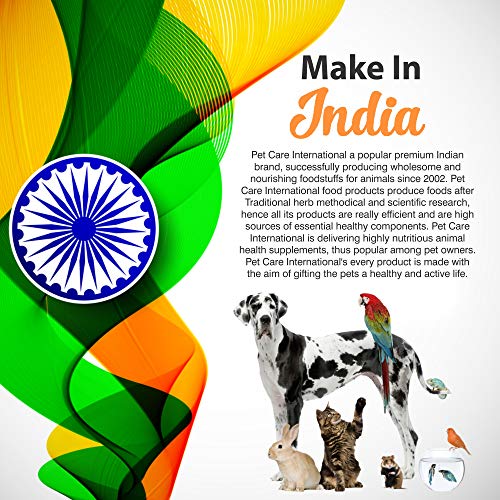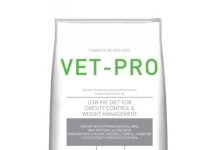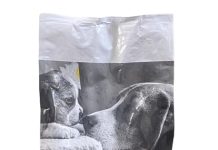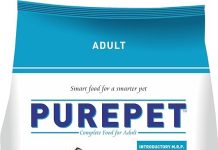





Price: ₹140.00
(as of Apr 23, 2024 06:12:10 UTC – Details)
BIRD NUTRITION
The most common avian disease that we see at our practice is hypovitaminosis A, or vitamin A deficiency, with or without accompanying secondary infections. Pet birds that eat only seeds (especially sunflower seeds and peanuts) are most prone to this problem because an all-seed diet is low in vitamin A.
Good nutrition for successful breeding is very important.Pet care international looks at some of the key nutritional elements and supplements to assist you produce more and better quality healthy chicks.
It Contains:-
1. Vitamin A
Lack Of Vitamin A Causes : A bird’s inability to resist respiratory infections and shorten the duration of illnesses.
2. Vitamin D3
Lack Of Vitamin D3 Causes:There are a variety of symptoms of vitamin D deficiency in cage birds, most of them related to calcium. In addition to the soft bones of rickets, in birds thin-shelled and soft-shelled eggs will be a prominent symptom. Clutches that are smaller than normal will also be a symptom of too little vitamin D in the diet.
3. Vitamin E
Lack Of Vitamin E Causes : Degeneration of heart and skeleton muscles, liver necroses, problems with flight and uncoordinated and trembling movements, increased susceptibility to diseases.
4. Vitamin K3
Lack Of Vitamin K3 Causes : The body uses Vitamin K to control blood clotting and is essential for synthesizing the liver protein that controls the clotting.
5. Vitamin B1, B2, B6, B12, B3, B5 & B9
6. Vitamin C, H
7. Choline chloride
8. Lysine
For providing essential Vitamins for Breeding. Essential Vitamins for Healthy Growth.
Good nutrition for breeding is very important
Rich in Vitamin A. Pet care international looks at some of the key nutritional elements and supplements to assist you produce more and better quality healthy chicks.
Pet birds that eat only seeds (especially sunflower seeds and peanuts) are most prone to this problem because an all-seed diet is low in vitamin A.
Directions for use:-15 drops in 50 ml clean drinking water. Prepare fresh every time. During the moult to promote the development of the feathers: three times a week. During the preparation for the show season: for 4 consecutive days. °After treatment with antibiotics or other medicines: for 5 consecutive days.-In cases of decreased appetite as a result of a poor metabolism: for one whole week.







